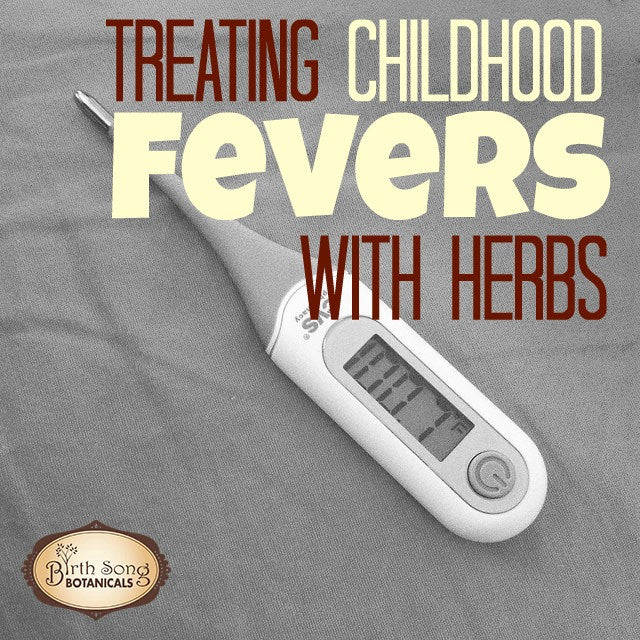Symptoms of Dehydration While Breastfeeding

Did you know that around 75 percent of people are chronically dehydrated? Sounds scary, right? That’s hundreds of millions of Americans who are walking around with low energy and foggy brains in a water-craving haze. Most of them probably aren’t new mothers, though, which is where things get even more serious – being dehydrated while nursing is dangerous for you and your newborn. Keep reading to learn common breastfeeding problems and how to kick dehydration to the curb and increase your breastmilk production!
Common Breastfeeding Problems
Breastfeeding is the best way to get your newly-arrived bundle of joy the nutrients he or she need to grow. The American Academy of Pediatrics even recommends that your baby should be fed breastmilk only for their first six months. So, why do so many women struggle with it? Probably because there are a lot of breastfeeding problems and difficulties. These include:
- Engorged and uncomfortable breasts
- Sore or painful nipples (which can easily be soothed with organic breastfeeding cream)
- Difficulty latching
- Blocked ducts
- Making the time (especially true for single-parent families or moms working a high stress and demanding job)
- Perceived inadequate breastmilk production
- Dehydration
There are more, but these are six of the most widespread breastfeeding problems. There are solutions to all of them, especially dehydration. Take a look at our guide of breastfeeding tips for more helpful info!
Symptoms of Dehydration While Breastfeeding
Those last two breastfeeding problems – low breastmilk production and dehydration – are tied together. We’ll cover how to increase your breastmilk production, and why you might not need to, below. First, let’s take a look at how you can tell if you’re dehydrated.

The symptoms of dehydration while nursing aren’t much different from the signs of regular dehydration. These are things like:
- Dark urine
- Fatigue
- Headaches
- Nausea
- Cramping
- Dizziness
- Decreased breastmilk production
Doesn’t sound so pleasant, right? Getting hydrated isn’t as difficult as many women think, though. The Academy of Nutrition and Dietetics recommends 12 cups (96 fluid ounces, 2.8 liters) of water each day for nursing mothers.
Two rules of thumb:
- Drink a cup of water every time you feed your baby and carry a water bottle with you throughout the day.
- Take your weight, divide it by two and that is the number of ounces of water you should drink. For example, a non breastfeeding person weighing 150 pounds should drink 75 oz. of water a day. So make it at least 100 oz aday and you are a solid starting point.
Remember that caffeine is a diuretic. Although it’s fine to drink a couple of cups of coffee each day – only one percent of caffeine consumed ends up in your breastmilk, so your baby is safe! – you’re going to want to drink extra water as well.
DIY Better than Gatorade Electrolyte Drink
Any time that dehydration is a risk you need to make a natural DIY electrolyte drink. Commercial and electrolyte drinks like Pedialyte and Gatoraide are filled with sugar, artificial colors and flavors. Making your own electrolyte drink as an alternative to commercial rehydration drinks is easy. Here’s my quick herbal rehydration drink recipe for a better-than-Gatoraide drink. It is a blend of detoxifying lemon, mineral rich maple syrup, energy giving chlorophyll and sea salt.
This recipe makes a pint mason jar. It is a good amount to make fresh for you to sip on in small amounts during the day.
Ingredients
- 1 ½-2 cups water
- Juice of ½ lemon
- 2 tsp Grade A Maple Syrup
- 1/8 to 1/4 tsp real sea salt or Himalayan salt.
- 5-10 drops of Energizing Chlorophyll
- 5-10 drops of Stomach Soother
Instructions
Simply mix everything into a pint mason jar with a lid and shake well to combine.
How to Increase Breastmilk Production
Remember when we said low breastmilk production and dehydration were linked? They are, and drinking more water will lead to increased production.
Try the following to increase your breastmilk production:
- Drinking more water!
- Using breastfeeding supplements blended with herbal galactagogues
- Add Energizing Chlorophyll to your water to add minerals and electrolytes.
- Limiting or eliminating your caffeine intake
We recommend supplements like Let There Be Milk! to increase breastmilk production. Available as a convenient and all-natural capsule, tincture, and alcohol-free tincture, Let There Be Milk! uses herbs like Blessed Thistle and Red Raspberry Leaf to organically stimulate milk production. You’ll love it and your newborn will too!

Drink deep my friend and I hope these tips support your breastfeeding success!
Hug your sweet baby, and remember to let your love and your milk flow!
Maria
🌿
🌿Want More?!? Check These Out! 🌿
Breastfeeding Immediately After Birth
7 Tips for Breastfeeding Success
The Ultimate Breastfeeding Guide
Breastfeeding 101- Best Breastfeeding Practices
Four Healthy Habits to Start on Your Baby’s First Day
8 Things I Wish I Knew About Breastfeeding Before Giving Birth!
How to Treat Clogged Milk Ducts and Prevent Mastitis.
Why Do I Have a Low Milk Supply?
How to Increase Your Breastmilk Supply Quickly
Treating Nipple Thrush Naturally
How to Heal Sore Nipples from Breastfeeding
How to Achieve A Proper Breastfeeding Latch
Herbs To Avoid While Breastfeeding
Benefits of Fenugreek for Breastfeeding
Safe Herbs for Breastfeeding With A Cold
Breastfeeding While Sick
The First Few Weeks of Breastfeeding
Best Baby Carriers for Breastfeeding
Four Common Breastfeeding Problems and Solutions
Three Lactation Problems and How to Solve Them
Three Breastfeeding Tips for New Moms
How to Include Your Partner While Breastfeeding
How Often Should I Breastfeed?
How to Wake a Sleepy Newborn to Breastfeed
Is My Baby Getting Enough Milk?
Normal Weight Gain for Breastfed Babies
4 Signs Your Baby is Having a Growth Spurt
Breastfeeding A Baby with Tongue or Lip Tie
Breastfeeding After a Cesarean Section
Breastfeeding in Special Circumstances
Breastfeeding with Flat or Inverted Nipples
Breastfeeding a Pre-Term Baby
Tandem Breastfeeding
Breastfeeding Twins
Do I Need A Breast Pump?
Pumping Breast Milk to Return to Work
Breastfeeding Nutrition
Healthy Snacks for Breastfeeding
How to Know If You’re Dehydrated While Nursing
Breastfeeding Boosts Babies' Immune Systems and Prevents Illness
Breastfeeding Saves Sleep
Safe Co Sleeping with Your Baby
Tips for Breastfeeding While Pregnant
Breastfeeding in Public
Breastfeeding and Sex
Breastfeeding and Birth Control
The Relationship Between Breastfeeding and Menstruation
When Will My Menstrual Cycle Return After Having a Baby
Five Benefits to Extended Breastfeeding
How Breastfeeding Changes As Baby Grows
Five Reasons to Breastfeed Your Baby After Six Months
Weaning Gently and Intuitively
Is CBD Oil Safe for Breastfeeding and Lactation?
Can I Drink Alcohol and Breastfeed?
How My Breastfeeding Failure Was My Biggest Win
Common Holiday Breastfeeding Issues and How to Prevent Them!
Re-Lactation and Induced Lactation: Breastfeeding After a Break or When You Never Have
Remember to:
Like our Birth Song Botanicals Facebook Page
Follow Birth Song Botanicals Co. on Instagram
Read our Birth Song Botanicals Blog
Watch Birth Song Botanicals on Youtube
Listen to Birth Song Botanicals on SoundCloud
Be inspired by Birth Song Botanicals on Pinterest







